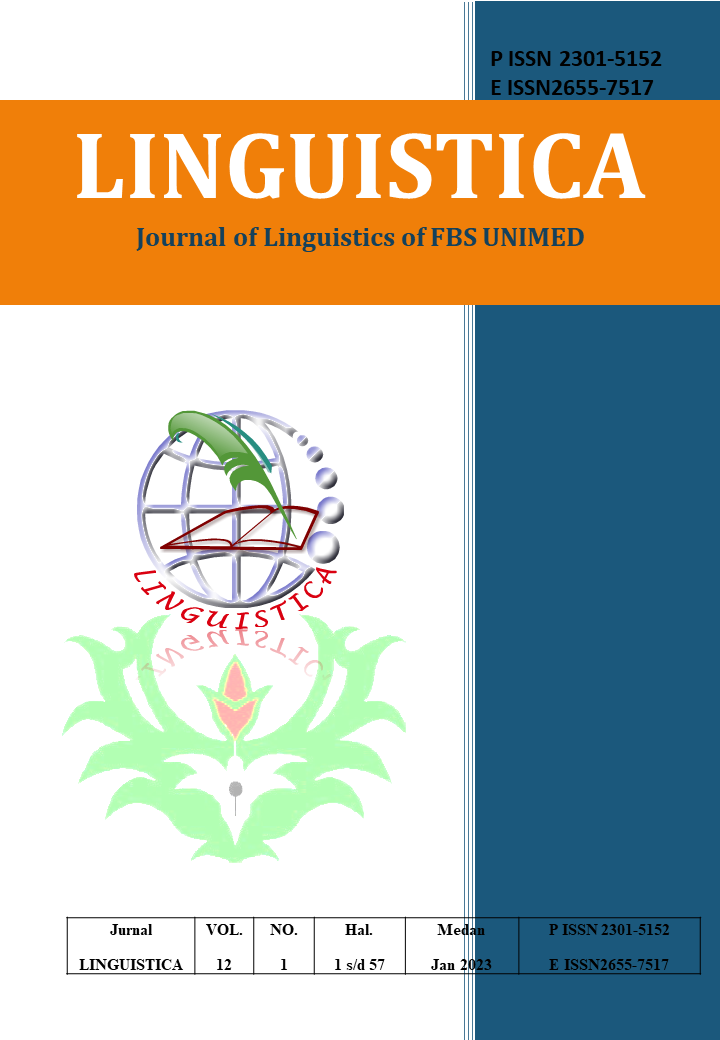THE VIEWPOINT OF INTERNATIONAL STUDENTS USING DINGTALK APP FOR ONLINE LEARNING: AN ETHNOGRAPHY CASE STUDY AND PHOTOVOICE
DOI:
https://doi.org/10.24114/jalu.v11i4.43167Abstract
This study investigates how students perceive their English-speaking ability after taking online classes using the DingTalk app. Using an ethnographic case study and photovoice, data from international students who enrolled at a Thai public university were evaluated to shed light on how students rate their use of English in online classrooms. During the pandemic, student activities with online learning emerged as a lived experience, indicating a convergence of student concerns. The primary aspects of these issues include student expectations for the time and space of online learning, self-motivation, and the participation of others, especially international students and the faculty member's ability to communicate effectively. Ultimately, international student engagement is determined by the congruence between the student's expectations regarding these dimensions and the student's overarching educational and personal goals for enrolling in the course.Downloads
Published
2023-02-01
Issue
Section
Articles
License
Copyright (c) 2023 NICO IRAWAN

This work is licensed under a Creative Commons Attribution-ShareAlike 4.0 International License.
Authors who publish with this journal agree to the following terms:
- Authors retain copyright and grant the journal the right of first publication with the work simultaneously licensed under a Creative Commons Attribution License that allows others to share the work with an acknowledgment of the work's authorship and initial publication in this journal.
- Authors are able to enter into separate, additional contractual arrangements for the non-exclusive distribution of the journal's published version of the work (e.g., post it to an institutional repository or publish it in a book), with an acknowledgment of its initial publication in this journal.
- Authors are permitted and encouraged to post their work online (e.g., in institutional repositories or on their website) prior to and during the submission process, as it can lead to productive exchanges, as well as earlier and greater citation of published work (See The Effect of Open Access).
- This work is licensed under a Creative Commons Attribution-ShareAlike 4.0 International License.

